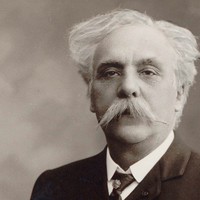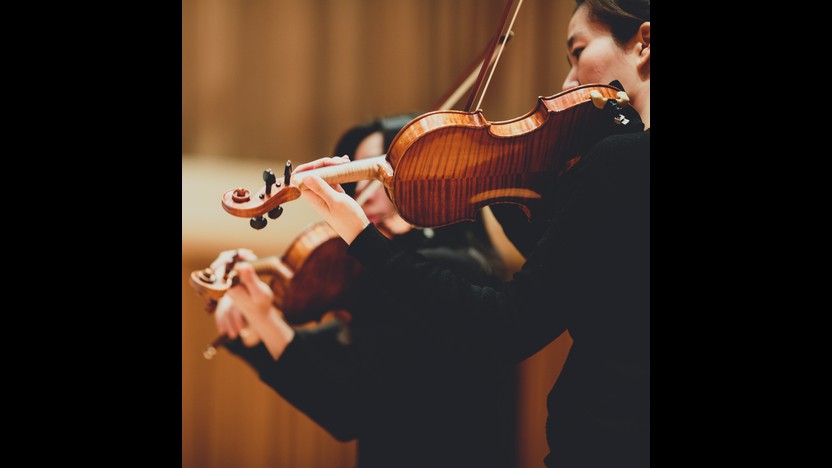Details
Endre Szervánsky
Trio for Flute, Violin and Viola
Toru Takemitsu
Rocking Mirror Daybreak for Two Violins
György Kurtág
String Quartet, In memoriam Andreae Szervánsky
Born in Romania to Hungarian parents, Gyorgy Kurtag moved in 1946 to Budapest, where he followed a musical path blazed earlier in the century by Bela Bartok. It was not until 1957, during a year of study in Paris, that Kurtag encountered the modern styles that had failed to penetrate the “Iron Curtain.” He took lessons from Messiaen and Milhaud, and he also transcribed many of Webern’s scores, gleaning that composer’s gifts of concision while mostly rejecting the underlying twelve-tone orthodoxy. Composed in 1988–89 in memory of the Hungarian composer Andreae Szervanszky, Kurtag’s Officium breve (Latin for “short service”) for string quartet compresses sixteen discreet sections into twelve minutes of haunting and unresolved contemplation.
Aaron Grad ©2019

Gabriel-Urbain Fauré
Piano Quartet No. 1
About This Program
Two of the most original compositional voices of the late 20th and early 21st centuries, the late Toru Takemitsu and leading Hungarian composer György Kurtág, found the greatest emotional impact in the smallest of gestures. The first half of this eclectic program explores the intimacy of the chamber music medium through their shared lens, and with a rarely heard gem of a piece by Kurtág's former teacher, Endre Szervánsky. Fauré's big hearted Piano Quartet brings the program to a dramatic and passionate conclusion.

